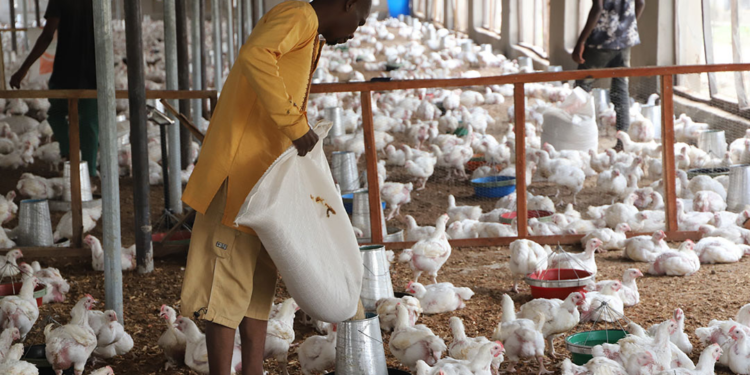The Poultry Association of Nigeria (PAN ) yesterday said that the recent Central Bank of Nigeria (CBN ) naira design policy has accounted for severe lost in the poultry industry, amounting to N200 billion.
The association said that the policy has led to the destruction of eggs, rotten frozen chickens, and inability to sell to customers due to the non-availability of the new naira notes to farmers for transactions.
PAN national president, Sunday Ezeobiora disclosed the development at the second edition of the Poultry Summit held in Abuja yesterday.
The summit with the theme, “Poultry Production, A Foundation for Food Security and National Development” was to evaluate the contribution of the sector to food and nutrition security and its economic impacts for the past 20 years.
According to Ezeobiora, the sector has also gone into confusion based on the recent developments of the petroleum subsidy removal, the floating of the naira, and the non defined policy narration of whether poultry products have been liberalised for importation based on the announcement by the CBN.
He also outlined several other challenges affecting the sector to include, multiple taxation, death of infrastructure, post harvest losses among others.
PAN also said that borrowing from the recently established National Agricultural Development Fund (NADF) should not attract more than four per cent interest rate on lending to farmers.
He said, “The country was once bedeviled with the Central Bank of Nigeria currency redesign policy which saw poultry farmers not being able to get the new Naira notes to buy raw materials, and above all farmers were unable to sell their products of egg and chickens. This development led to the destruction of eggs and rotten frozen chickens in excess of over N200 billion without support and compensation from the government or otherwise.
“Poultry production will continue to be bedeviled further, in the above wise therefore, it’s our advice that the government should with immediate effect halt the export of Soya-beans out of the country as well as maize.



